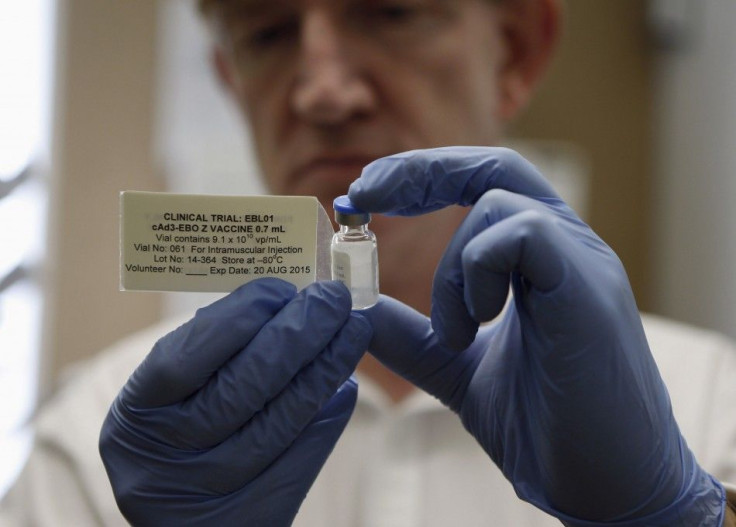Aussies Deprived Of Lifesaving Drugs And Medicines, Medicines Australia Report Reveals

A recently released report has revealed that Australian citizens are missing on 33 life-saving drugs and medicines that are available overseas for treatment of deadly diseases and disorders. In addition, the nation stands third last when it comes to subsidising new drugs.
The report has been released by the pharmaceutical group Medicines Australia. The report has blamed the government for the delay in drug assessment due to the required intervention of the external drug subsidy system, hence offering negligible access to the newly discovered medicines.
According to the Medicines Australia report, the machinery being used by the Australian government to assess the monetary value of the recently released drug or a medicine is outdated and leads to the lag in approval.
"Patients with cancer do not have time to wait to get access to new medicines," said the submission, reported The Sydney Morning Herald.
On the other hand, the Pharmaceutical Benefits Advisory Committee (PBAC) has put a blame on the drug companies, saying that it does not submit the drugs for approval at the same time in Australia when these are submitted for approval in the US. This, in turn, leads to a delay in availability of the medicines in Australia.
It says, “Delays are often due to the failure of pharmaceutical companies to apply for listing, or to reach agreement with government on the conditions of supply. Some cancer medicines are never submitted to the PBAC,” reported news.com.au.
The report has revealed that out of 247 medicines that were released around the world in the past five years, only half of these were registered for medicinal use in Australia. According to PBAC, it takes an average of 236 days for a medicine to get subsidised in Australia.
To report a problem or to leave a feedback on the article, send an e-mail to emailtoguneet@gmail.com.





















